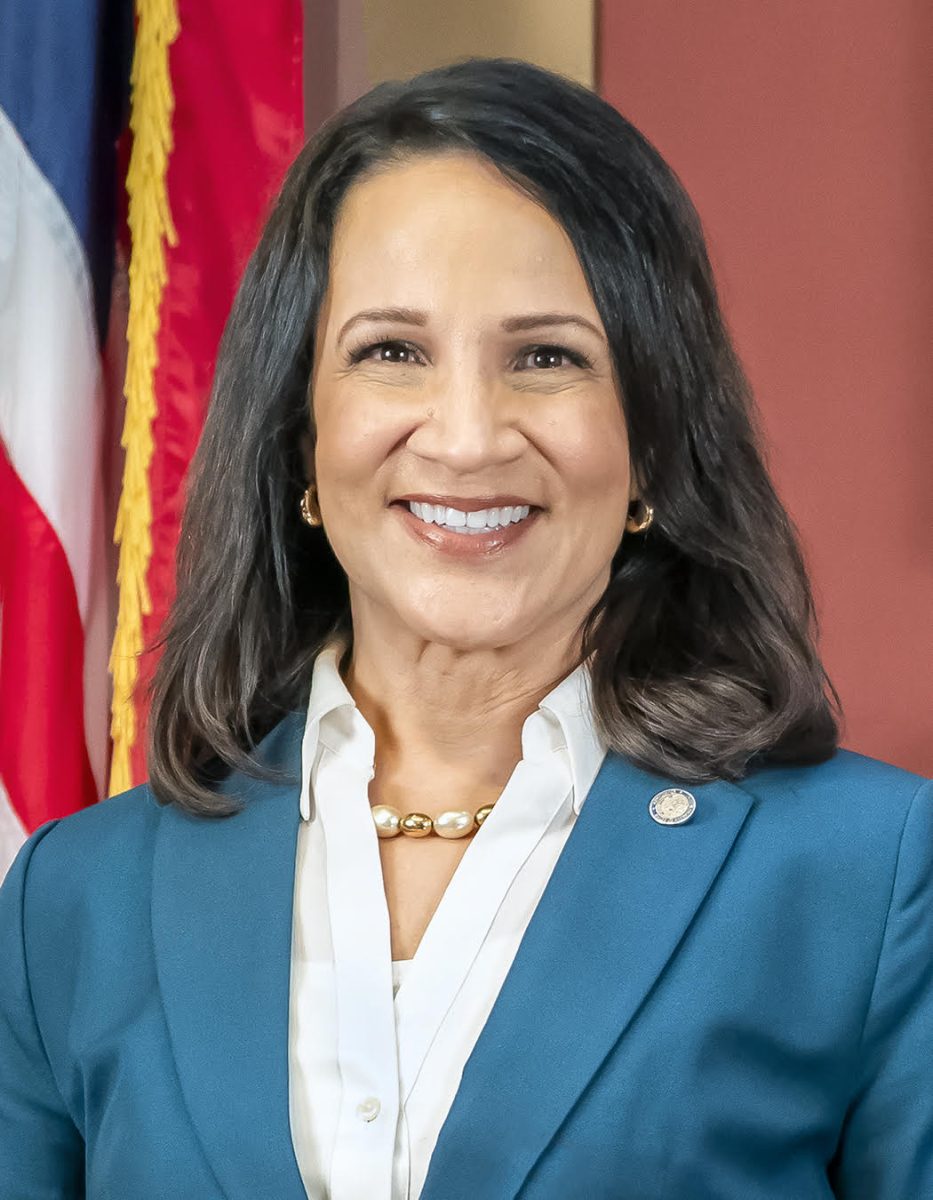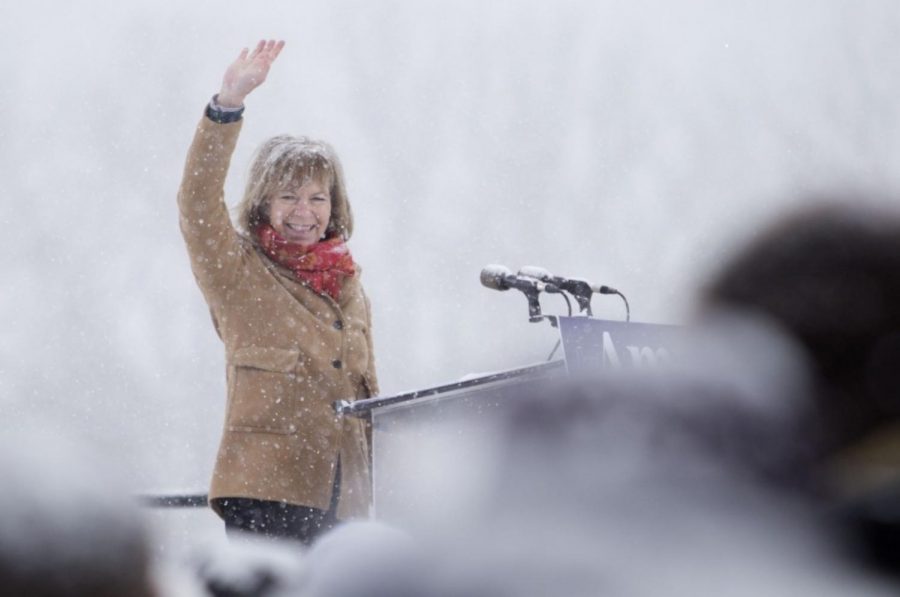Starting in January 2025, the U.S. House of Representatives, Senate and Presidency will have a Republican supermajority, creating a Republican trifecta.
The GOP will hold a 220-214 majority in the House and a 53-47 majority in the Senate. The 2024 election flipped four Democratic Senate seats and the GOP maintained control of the House with a five-seat lead.
“America has given us an unprecedented and powerful mandate. We have taken back control of the Senate,” President-elect Donald Trump said during his victory speech on Nov. 6. “And the Senate races in Montana, Nevada, Texas, Ohio, Michigan, Wisconsin, the great Commonwealth of Pennsylvania were all won by the MAGA movement, they helped so much.”
A narrow majority in the House could cause Republicans problems down the road. Objections from a few Republican representatives in the current narrow GOP majority in the House led to 15 rounds of voting before they elected a majority speaker, the first time in a century that it took more than one round to elect a speaker.
With a Republican majority in the Senate, Trump should find it easier to get his more controversial cabinet picks approved.
A trifecta will allow the Republicans in Congress to pass Trump’s policies with potentially limited roadblocks from the Democrats.
The last time there was a Republican trifecta was during Trump’s first inauguration in 2017, the first one since former President George W. Bush’s presidency in 2005. Overall, the U.S. has seen a unified government 48 times since 1857, 23 times under Democrats and 25 under Republicans, according to the Office of the Historian and the Clerk of the House’s Office of Art and Archives.
Minneapolis Republican Chair Shawn Holster said he is happy about the trifecta because he thinks Republicans will be able to pass a “great deal” of reforms.
“I’m just kind of in wait-and-see mode. A lot of chips fell in our direction,” Holster said.
While the trifecta will have to wait until the newly elected politicians are sworn in on Jan. 3, tax cuts are anticipated during the trifecta, said Larry Jacobs, a University of Minnesota political science professor who specializes in elections and voting behavior. Other Republican budget cuts could include social services, climate change and education.
The DFL trifecta in the Minnesota Legislature could be a good example of what a Republican trifecta at the federal level will be able to do, Jacobs said. He added that the DFL trifecta in the Minnesota government in 2023 passed many laws due to not needing Republican support but saw voters end the trifecta this past election cycle.
Jacobs said now that the Republicans have lots of power, voters could respond similarly.
“It is possible for (the Republican Party) to move too far too fast, which would end up alienating a good number of voters,” Jacobs said.














Anonymous
Dec 3, 2024 at 10:50 am
It’s not a supermajority. It’s a thin majority. A two-thirds supermajority in the Senate is 67 out of 100 senators, while a two-thirds supermajority in the House is 290 out of 435 representatives.
KJ
Dec 3, 2024 at 10:40 am
I would argue that Republicans actually have a “quadfecta” – Presidency, House, Sentate … and SCOUTS.